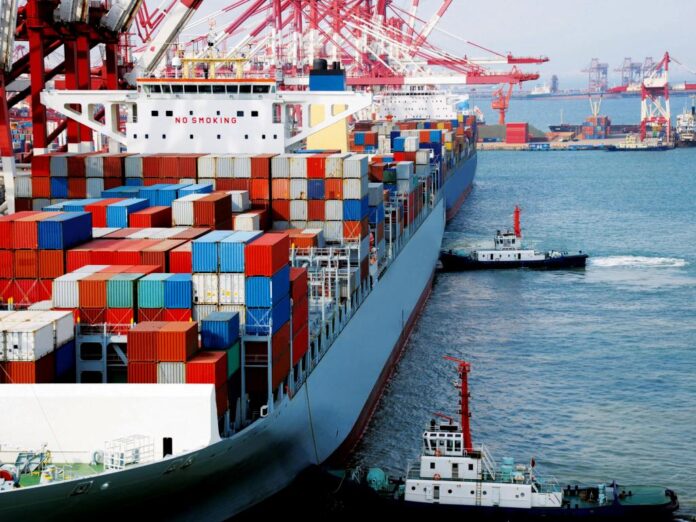The Abuja Memorandum of Understanding (Abuja MoU) on Port State Control for West and Central African region says harmonising vessel inspection will ensure only safe and standard vessels ply the region.
Capt. Sunday Umoren, Secretary General of Abuja MoU, disclosed this on Friday at a webinar organised by Zoemaritime Ltd. in Lagos, ahead of the Lagos International Maritime Week 2021.
Umoren said that the mission would deploy all available means to ensure that substandard vessels which were fished out wherever they were.
According to him, shipping is internationally regulated and merchant shipping is one of the most highly regulated industries and so calls for a common platform for regulation.
“In time past, we have control of our local vessels, foreign vessels is considered a no go area, so the port state regime gives every flag state the right to inspect any vessel that calls into its port.
“However, in as much as we don’t want to interfere with shipping activities, the world is bounded into regions and in every region there is a need to inspect foreign vessels calling at a port.
“At Abuja MoU we have power to inspect at least 15 per cent of such vessels.
“So for harmonisation, any vessel that is inspected within a region like in Nigeria, the vessel should not be inspected in any other country within the region within six months, unless there are clear reasons for the vessels to be inspected.
“Also, we are to ensure that no unsafe vessels trade within the region; vessels such as one with defective design and construction, lack of maintenance and repairs, poorly manned or undermanned and others,” he said.
Umoren said that manning substandard vessels would lead to marine accident, threat to human life and risk to marine environment, among others.
He said that basically, they harmonised the system of vessel inspection to ensure that only safe vessels ply within the region and they would deploy all available means to ensure that such vessels are fished out.
“As regards the greatest responsibility of the Abuja MoU, my team and I see all responsibilities of eliminating substandard vessels from our region to be of great importance.
“Our psychology is that our failure in one is actually a failed mission because if a vessel fails to comply with one convention, by Internarional Maritime Organisation (IMO) standard, that vessel is an unsafe vessel that should not be allowed to put to sea.
“Also, it is to ensure that the region is not a dumping ground for sub-standard vessels, the safety of lives at sea, marine pollution and improving working conditions of the crew are paramount to the objectives of the mission,” he said.
He said that communication was the major thing that affects the effectiveness of the port state regime, stating that if a substandard vessel jumps detention from Ghana to Nigeria, the team in Ghana should immediately inform Nigeria
Umoren noted that due to the bureaucracy in paper presentation, the vessel might had finished discharging and was gone before the information would be gotten.
“To fight this, we created WhatsApp group for all ports state officers in the region to always alert each other of such. Also, a list of blacklisted vessels was pushed out through various maritime domain.
“Proficiency and capability is needed so as to tackle issues of repairs when a vessels comes calling to a country with repairs so we sent out memos to member states to show their capabilities so that one could know where to seek help,” he said.
Umoren said that as regards penalties against offenders, a working group was set up for the harmonisation of port state procedures in the region.
Abuja MoU is one of the nine regional MoUs and one national MoU established pursuant to IMO Resolution A682 (17) of 1991.




